Smart Contracts, Smarter Solutions: Legal approaches to minimizing risks in DAOs and Web3 applications (including 1hr ethics)

Jonathan Bench is chair of Harris Sliwoski’s corporate practice group, where he helps public and private companies with international and domestic business transactions.

Tracy L. Kepler is the Risk Control Consulting Director for CNA’s Lawyers Insurance Program.
On-Demand: October 26, 2023
Subscribe to Federal Bar Association CLE Pass...
Co-Sponsored by myLawCLE
Get this course, plus over 1,000+ of live webinars.
Learn More
MCLE Credit Information:
Select Your State Below to View CLE Credit Information
Tuition: $195.00
Training 5 or more people?
Sign-up for a law firm subscription plan and each attorney in the firm receives free access to all CLE Programs
Program Summary
Session I - Smart Contracts, Smarter Solutions: Legal approaches to minimizing risks in DAOs and Web3 applications – Jonathan Bench
Decentralized autonomous organizations (DAOs) and related web3 protocols bring together myriad groups with different goals and desired means for achieving those goals. These include libertarian idealists, Wall Street money, Main Street money, developers, white hat hackers, black hat hackers, and the lawyers and legal service providers who sit at the virtual intersection of these groups. In this presentation, we will discuss some of the common legal issues web3 projects face:
- Legal status and liability: How do we determine legal presence for contracting purposes? Who is ultimately responsible for autonomous, self-perpetuating code?
- Governance and decision-making: What types of roles, voting mechanisms, and dispute resolution processes can work in this decentralized governance form?
- Regulatory compliance: Which US states and countries globally are positioning themselves as the best homes for web3 projects? Which are doing it most convincingly?
- Contractual agreement: Do smart contracts help or hinder contracting with a web3 entity? How will disputes be resolved in such an inherently international forum?
- Intellectual property and innovation: Is it possible to balance creators’ rights while incentivize innovation in such an open collaborative environment?
By the end of this session, you will be equipped with a solid understanding of the legal complexities surrounding DAOs and web3 projects generally, enabling you to provide informed counsel in an era where innovation and technology are redefining the traditional corporate landscape. We look forward to you joining us for this discussion. Please come prepared with questions or submit them by October.
Key topics to be discussed:
- Legal status and liability
- Governance and decision-making
- Regulatory Compliance
- Contractual Agreement
- Intellectual Property and innovation
Session II - The “Snitch” Rule: Reporting requirements under Model Rule 8.3 - Tracy L. Kepler
ABA Model Rule of Professional Conduct 8.3 and its many state counterparts require lawyers to inform the appropriate professional authority once a lawyer "knows" another lawyer has engaged in certain professional misconduct. Knowledge of such violations can vary depending on the relationship between the lawyers in question. This program will consider the provisions of Model Rule 8.3 and an attorney’s obligations to report another attorney or judge to the appropriate regulatory authority. The speaker will discuss when specific reporting is triggered, the consequences of acting or failing to act, and best practices for taking effective action. The speaker will also explore what information is reported and to whom, the duty to self-report his/her/their own misconduct or that of an associate, and duties to report an impaired or suspended, disbarred or out-of-state lawyer.
Key topics to be discussed:
- When does a lawyer possess the requisite knowledge to trigger MRPC 8.3?
- Duty to report conduct unrelated to the practice of law or to judicial duties
- What information is reported, to whom and when
- Does a lawyer have a duty to self-report his/her/their own misconduct or that of an associate or supervisor?
- Does an attorney have a duty to report a suspended, impaired, or disbarred lawyer?
- Cautionary case tales and the lessons learned from each + relevant legal ethics opinions from around the country
This course is co-sponsored with myLawCLE.
Date / Time: October 26, 2023
![]() Closed-captioning available
Closed-captioning available
Speakers
 Jonathan Bench | Harris Bricken
Jonathan Bench | Harris Bricken
Jonathan Bench is chair of Harris Sliwoski’s corporate practice group, where he helps public and private companies with international and domestic business transactions. His clientele includes companies from Asia, Europe, Africa, and the Americas. Jonathan has worked and consulted in the U.S., Asia, and South America and is fluent in Chinese and Cantonese.
He regularly presents to business owners and organizations regarding international business transactions, particularly foreign direct investment and the emerging Web3 developments: decentralized autonomous organizations (DAOs), decentralized finance (defi), cryptocurrencies, non-fungible tokens (NFTs), and smart contracts.
Jonathan co-hosts Harris Sliwoski’s Global Law and Business podcast, which covers legal and economic business developments around the world. He is a regular contributor to the award winning China Law Blog and the award-winning Canna Law Blog, where he shares his practical insights into doing business internationally and in the cannabis and other emerging industries.
 Tracy L. Kepler | CNA
Tracy L. Kepler | CNA
Tracy L. Kepler is the Risk Control Consulting Director for CNA’s Lawyers Insurance Program. In this role, she designs and develops content and distribution of risk control initiatives relevant to the practice of law. She collaborates with the underwriting and claims teams to develop and execute strategies for the profitable growth of the program. Tracy lectures frequently at CNA-sponsored events and at state and local bar associations and national seminars hosted by industry-leading organizations. She also writes articles focusing on law firm risk control and professional responsibility issues.
Prior to joining CNA, Tracy served as the Director of the American Bar Association’s Center for Professional Responsibility (CPR), providing national leadership in developing and interpreting standards and scholarly resources in legal and judicial ethics, professional regulation, professionalism, client protection, professional liability and attorney well-being. Ms. Kepler has nearly 20 years of experience in attorney regulation as she served as an Associate Solicitor in the Office of General Counsel for the U.S. Patent & Trademark Office (USPTO), where she concentrated her practice in the investigation, prosecution and appeal of patent/trademark practitioner disciplinary matters before the Agency, U.S. District Courts and Federal Circuit, provided policy advice on ethics and discipline related matters to senior management, and drafted and revised Agency regulations. She also served as Senior Litigation Counsel for the Illinois Attorney Registration and Disciplinary Commission (ARDC), where she investigated and prosecuted cases of attorney misconduct.
Ms. Kepler has served in various volunteer capacities, including as President, on the Board of the National Organization of Bar Counsel (NOBC), a non-profit organization of legal professionals whose members enforce ethics rules that regulate the professional conduct of lawyers who practice law in the United States and abroad. Ms. Kepler is currently an Adjunct Professor at American University’s Washington College of Law, Georgetown University Law Center and Loyola School of Law (Chicago) teaching Legal Ethics.. Committed to the promotion and encouragement of professional responsibility and attorney wellbeing throughout her career, Ms. Kepler has served on the ABA’s Commission on Lawyers Assistance Programs, is a Board member of the Institute for WellBeing in Law (formerly the National Task Force on Lawyer Well-Being) and is an author of its Well-Being Report. She is also a Board Member of the Mindfulness in Law Society and the Vice Chair of the ABA IPL Section’s Attorney Well-Being Committee. She is a graduate of Northwestern University in Evanston, Illinois, and received her law degree from New England School of Law in Boston, Massachusetts.
Agenda
Session I – Smart Contracts, Smarter Solutions: Legal approaches to minimizing risks in DAOs and Web3 applications | 2:00pm – 3:00pm
I. Legal status and liability | 2:00pm – 2:10pm
II. Governance and decision-making | 2:10pm – 2:20pm
III. Regulatory Compliance | 2:20pm – 2:35pm
IV. Contractual Agreement | 2:35pm – 2:50pm
V. Intellectual Property and innovation | 2:50pm – 3:00pm
Break | 3:00pm – 3:10pm
Session II – The “Snitch” Rule: Reporting requirements under Model Rule 8.3 | 3:10pm – 4:10pm
I. When does a lawyer possess the requisite knowledge to trigger MRPC 8.3? | 3:10pm – 3:20pm
II. Duty to report conduct unrelated to the practice of law or to judicial duties | 3:20pm – 3:30pm
III. What information is reported, to whom and when | 3:30pm – 3:40pm
IV. Does a lawyer have a duty to self-report his/her/their own misconduct or that of an associate or supervisor? | 3:40pm – 3:50pm
V. Does an attorney have a duty to report a suspended, impaired, or disbarred lawyer? | 3:50pm – 4:00pm
VI. Cautionary case tales and the lessons learned from each + relevant legal ethics opinions from around the country | 4:00pm – 4:10pm
More CLE Webinars
Trending CLE Webinars


















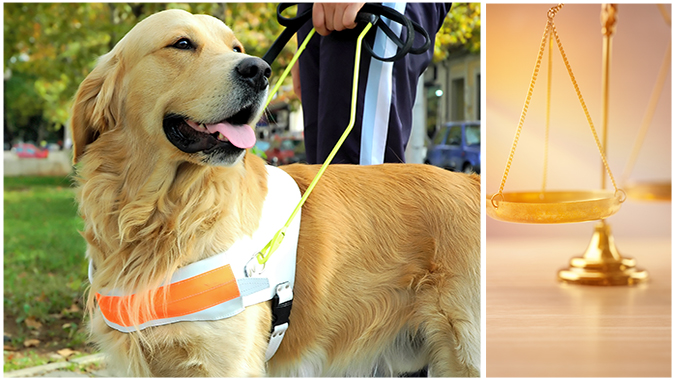







Upcoming CLE Webinars








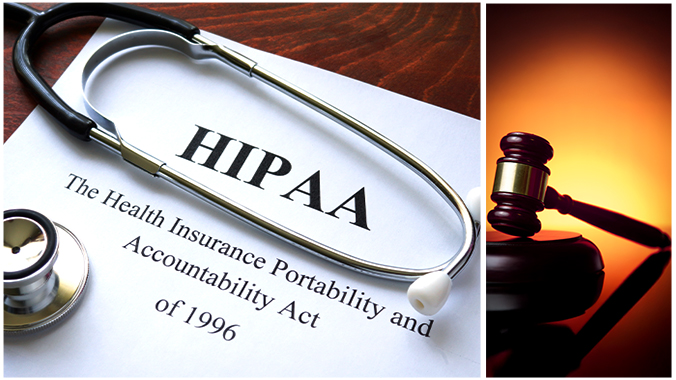










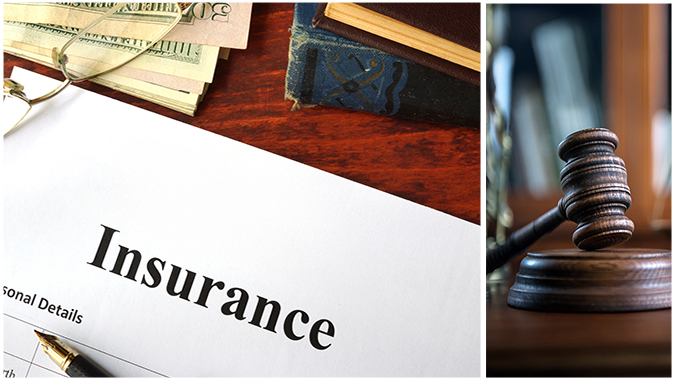

















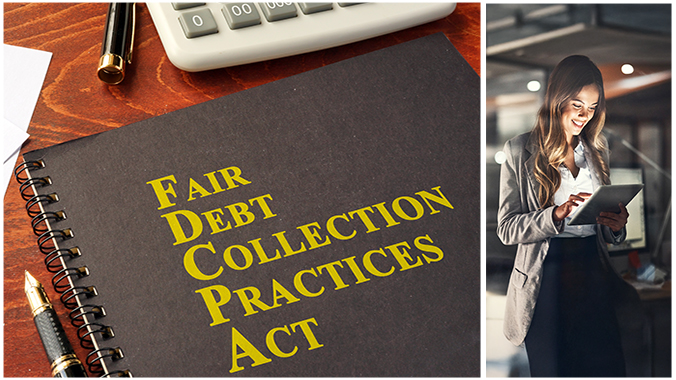





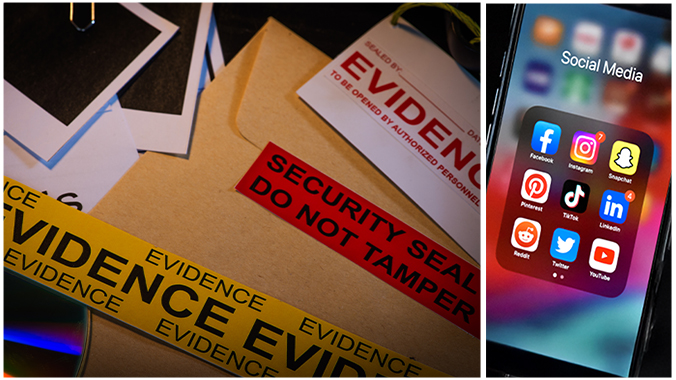












![The Cloud and GenAI: Security, Audits, and the Related Ethical and Legal Responsibilities [Part 3]](https://federalbarcle.org/wp-content/uploads/2024/10/The-Cloud-and-GenAI_myLawCLE.jpg)










